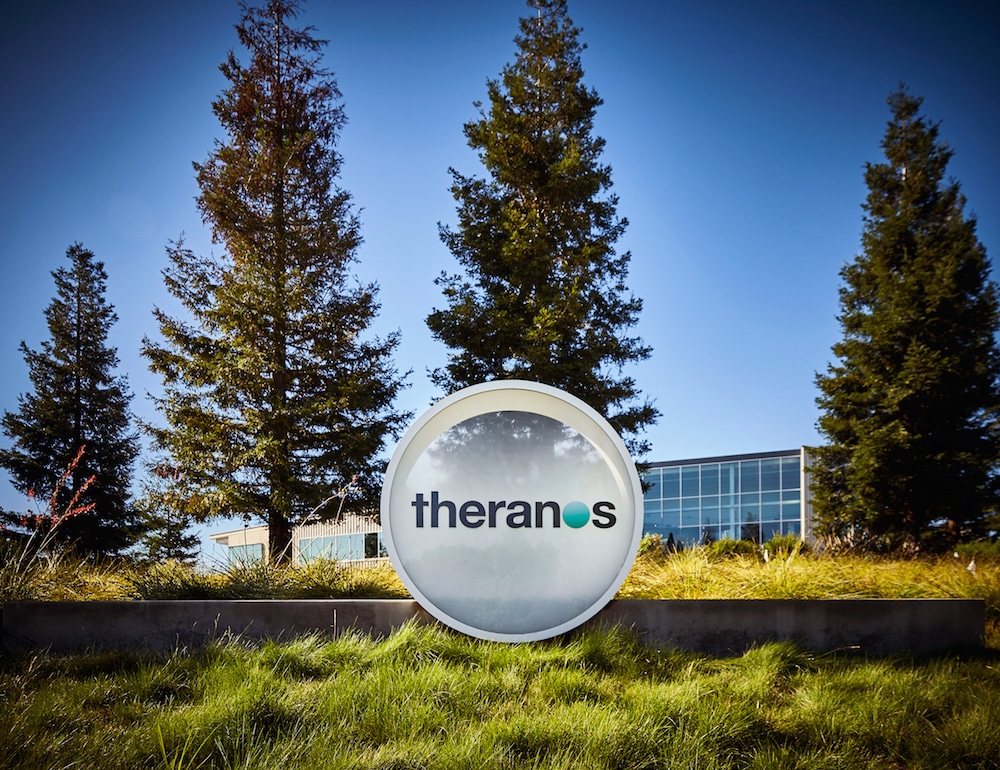The United States Securities and Exchange Commission (SEC) on March 14 charged Ramesh “Sunny” Balwani, the former president of Silicon Valley-based company Theranos Inc., its founder and CEO Elizabeth Holmes, and the company itself for raising $700 million through fraudulent statements about the firm.
Balwani, 52, and Holmes, 34, ran the blood-testing company Theranos Inc, and claimed that its products were deployed by the U.S. Department of Defense on the battlefield in Afghanistan and on medevac helicopters and that the company would generate more than $100 million in revenue in 2014. However, Theranos’ technology was never deployed by the U.S. Department of Defense and generated a little more than $100,000 in revenue from operations in 2014, the SEC said in a statement.
“The complaints allege that Theranos, Holmes, and Balwani made numerous false and misleading statements in investor presentations, product demonstrations, and media articles by which they deceived investors into believing that its key product – a portable blood analyzer – could conduct comprehensive blood tests from finger drops of blood, revolutionizing the blood testing industry. In truth, according to the SEC’s complaint, Theranos’ proprietary analyzer could complete only a small number of tests, and the company conducted the vast majority of patient tests on modified and industry-standard commercial analyzers manufactured by others,” the SEC said.
Theranos also announced on March 14, 2018 that the company and Holmes have resolved a previously disclosed investigation by the SEC into the offer and sale of Theranos securities from 2013 to 2015.
“s part of the settlement, the Company and Ms. Holmes agreed to comply with applicable federal securities laws. Ms. Holmes will pay a $500,000 fine and will not be eligible to serve as a director or officer of a publicly traded company for a period of 10 years. She will also return approximately 18.9 million shares of stock and relinquish her super-voting equity rights. As part of the settlement, neither the Company nor Ms. Holmes admitted or denied any wrongdoing,” the statement said.
Theranos’ independent directors said in a statement, “The Company is pleased to be bringing this matter to a close and looks forward to advancing its technology.”
The SEC will litigate its claims against Balwani in federal district court in the Northern District of California. Balwani is an entrepreneur and a computer scientist who received his MBA at UC Berkeley and undergraduate degree from UT Austin. He began his career at Lotus Development Corporation, after which he served at Microsoft in various roles, and later started his own company in the business-to-business e-commerce space which he sold to CommerceOne, according to Crunchbase.
“Investors are entitled to nothing less than complete truth and candor from companies and their executives,” Steven Peikin, the co-director of the SEC’s Enforcement Division, said in a statement. “The charges against Theranos, Holmes, and Balwani make clear that there is no exemption from the anti-fraud provisions of the federal securities laws simply because a company is non-public, development-stage, or the subject of exuberant media attention.”
Jina Choi, the director of the SEC’s San Francisco Regional Office, said that the Theranos incident was a cautionary tale.
“The Theranos story is an important lesson for Silicon Valley,” said Choi. “Innovators who seek to revolutionize and disrupt an industry must tell investors the truth about what their technology can do today, not just what they hope it might do someday.”
The company has also indicated that it prefers to be liquidated. In that case, Holmes would not profit from her ownership until – assuming redemption of certain warrants – over $750 million is returned to defrauded investors and other preferred shareholders.
